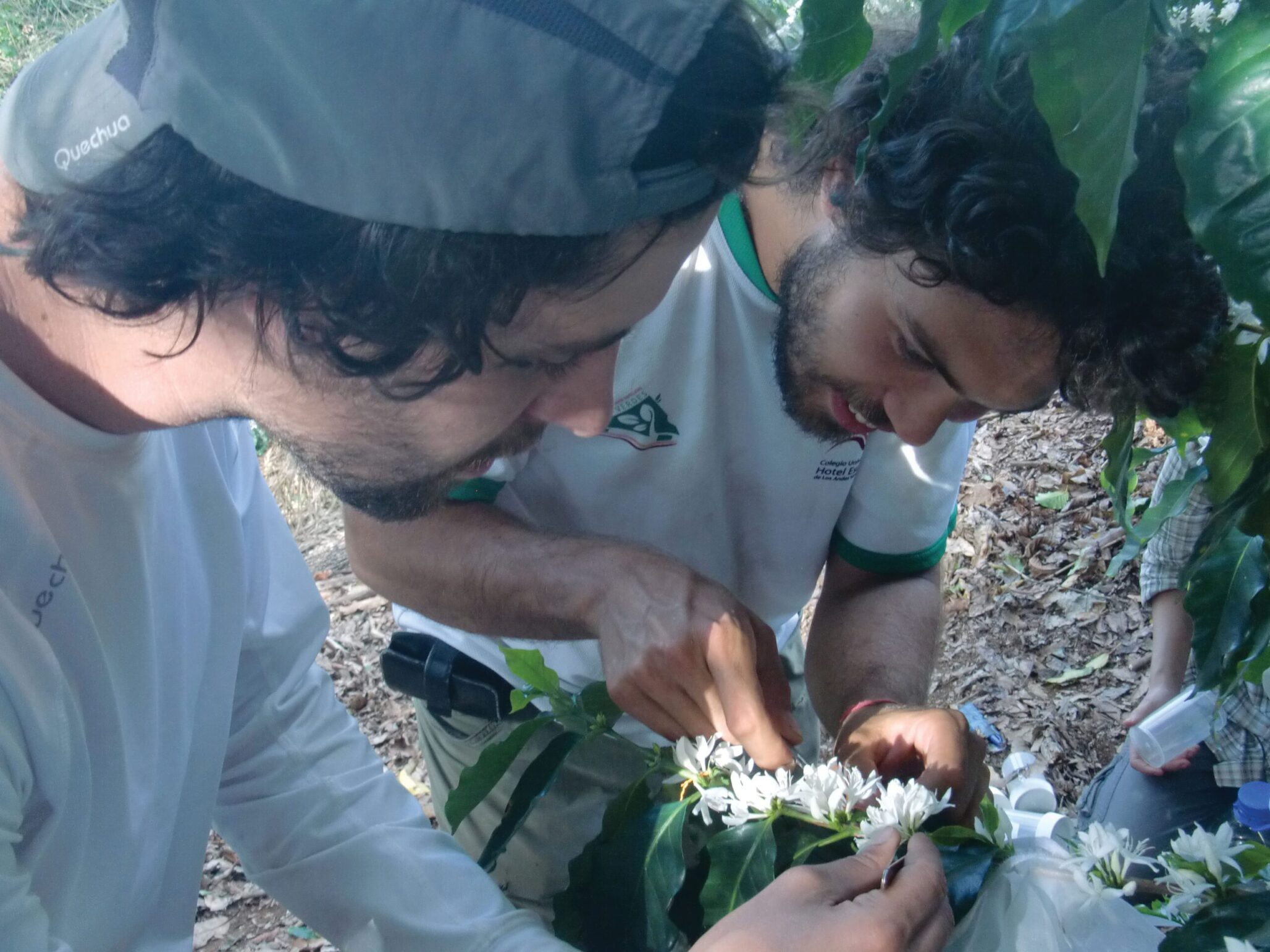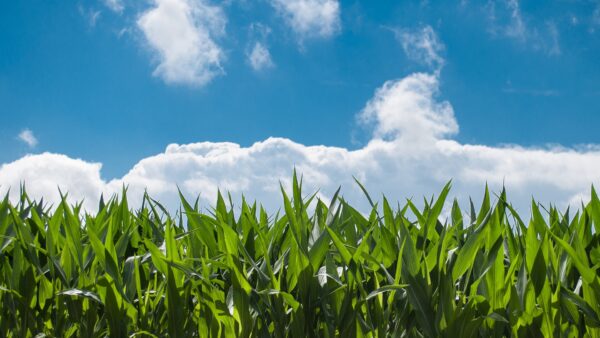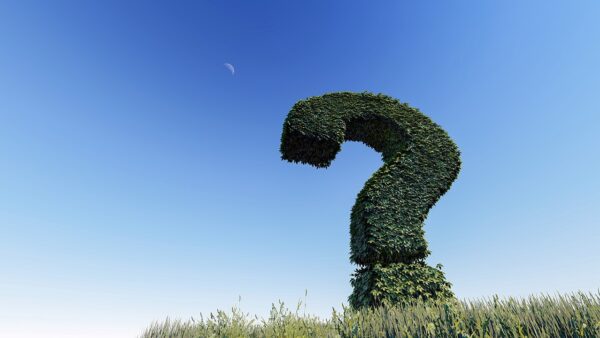The whole team at Seed World U.S. wishes you and yours the happiest of holidays. To celebrate the season, we’re bringing you the 12 Days of Christmas, Seed World style: 12 days of some of the most important stories of the year, both from Seed World U.S. and our sister publications: Seed World Europe, Seed World Canada, and Seed World LatAm. When you need a break from family and feasting, escape to some great reading right here.
On the 4th Day of Christmas, Seed World brings to you:
A Hot Cup of Coffee… Thanks to Cooperation
Editor’s note: Thanks to both a growing contra season market and increasing domestic demand for quality seed, LatAm’s seed industry is experiencing impressive growth and opportunity. We’re front and center, ready to tell the LatAm seed industry’s story. That’s because, over the past year, we expanded our reach into Latin America via the all new Seed World LatAm brand. So far, we’ve delivered two LatAm-specific magazine editions. We’re looking forward to significantly growing Seed World LatAm in 2024. Stay tuned!
One of LatAm’s most iconic and important crops is coffee. While critical to the livelihoods of many Latin American farmers, coffee production has traditionally come hand-in-hand with significant environmental challenges, particularly deforestation. Now, however, growers and researchers are working together to support better stewardship of the land via environmental certification. Read on!
The reputation as the world’s top producer of this beloved caffeinated beverage is made possible through important sustainability efforts.
In the lush landscapes of Latin America, coffee production thrives, creating a rich tapestry of flavors and aromas that captivate the world’s taste buds. Beyond the surface allure lies a deeper commitment to sustainability and a harmonious relationship between coffee cultivation and nature’s gifts.
At the heart of this thriving industry is the work of passionate researchers like Francisco d’Albertas Gomes de Carvalho, who dedicated his doctoral studies at the University of São Paulo to unraveling the intricate relationship between coffee landscapes and ecosystem services in Brazil.
His journey was part of a larger, long-term project spearheaded by his Ph.D advisor, focusing on coffee landscapes and their connection to sustainable practices.
Embracing the concept of “nature’s benefit to people,” Francisco and his team embarked on a quest to explore the rewards that Rainforest Alliance (RA) certification can have for sustainability. A central question emerged: Could certification of coffee farms under the RA scheme truly make a difference in environmental conservation?
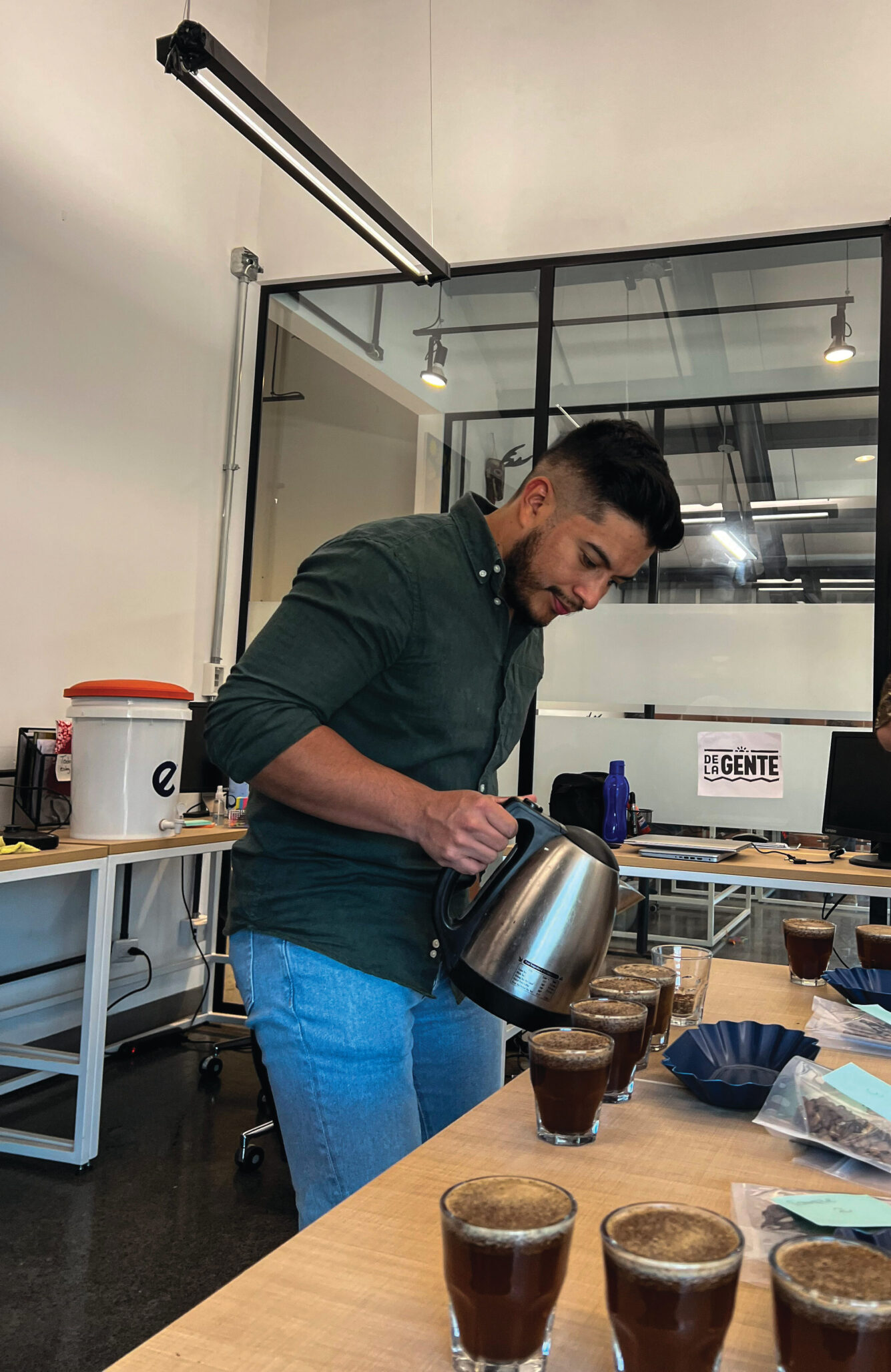
In response, Francisco delved into longitudinal data, tracking changes in forest cover in coffee farms before and after certification. Despite the formidable challenges posed by deforestation in Brazil, the team discovered that certified farms demonstrated a stronger commitment to compliance with rigorous environmental regulations, fostering conservation efforts.
“Certification’s positive impact extended beyond regulatory compliance. Certified farmers enjoyed benefits such as access to more qualified markets, better prices, and increased oversight from certifiers,” Francisco says. “This commitment to sustainability played a pivotal role in ensuring a brighter future for both the environment and the coffee industry.”
In their exploration of coffee bean varieties, the researchers found that cooperative networks guided farmers toward breeds that already had established markets. Notably, Arabica coffee — a valuable self-pollinating breed often prized over its counterparts Robusta— stood out, making cultivation more accessible and sustainable.
“There is a better market for Arabica, but, as it is self-pollinated, there were more doubts about whether it would benefit from pollination, like Robusta, which is dependent on pollination. We found that it did, substantially.”
Moreover, the team uncovered a fascinating connection between forests and coffee productivity. Having 20% to 30% forest cover within the landscape significantly increased coffee yields, highlighting the importance of preserving native biodiversity and essential ecosystem services like pollination and pest control.
While Francisco’s research offers hope and inspiration, it also brings attention to the pressing issue of climate change.
“Rising temperatures and erratic rainfall patterns pose significant threats to coffee production, especially in Brazil’s mountainous regions, where cultivation thrives at altitudes around 800-1,200 meters,” he says. “Farmers may need to explore higher altitudes to adapt and safeguard the future of coffee.”
Sustainability in Action
In the broader context of Latin America’s coffee industry, sustainable practices are essential. Organizations like De La Gente play a crucial role in supporting and empowering small-scale coffee producers. De La Gente is a non-profit that works with eight coffee cooperatives, providing improved market access for farmers while delivering a high-quality product to roasters and consumers.
“We work tirelessly to facilitate these relationships and ensure that the farmers receive fair compensation for the coffee they produce,” says Danilo Rodriguez, director of operations at De La Gente.
In addition to commercialization, De La Gente provides assistance to empower producers.
“Our goal is to enable them not only to do business with our organization but also with other companies and organizations. By supporting them in this way, they can better provide for their families and build sustainable livelihoods.”
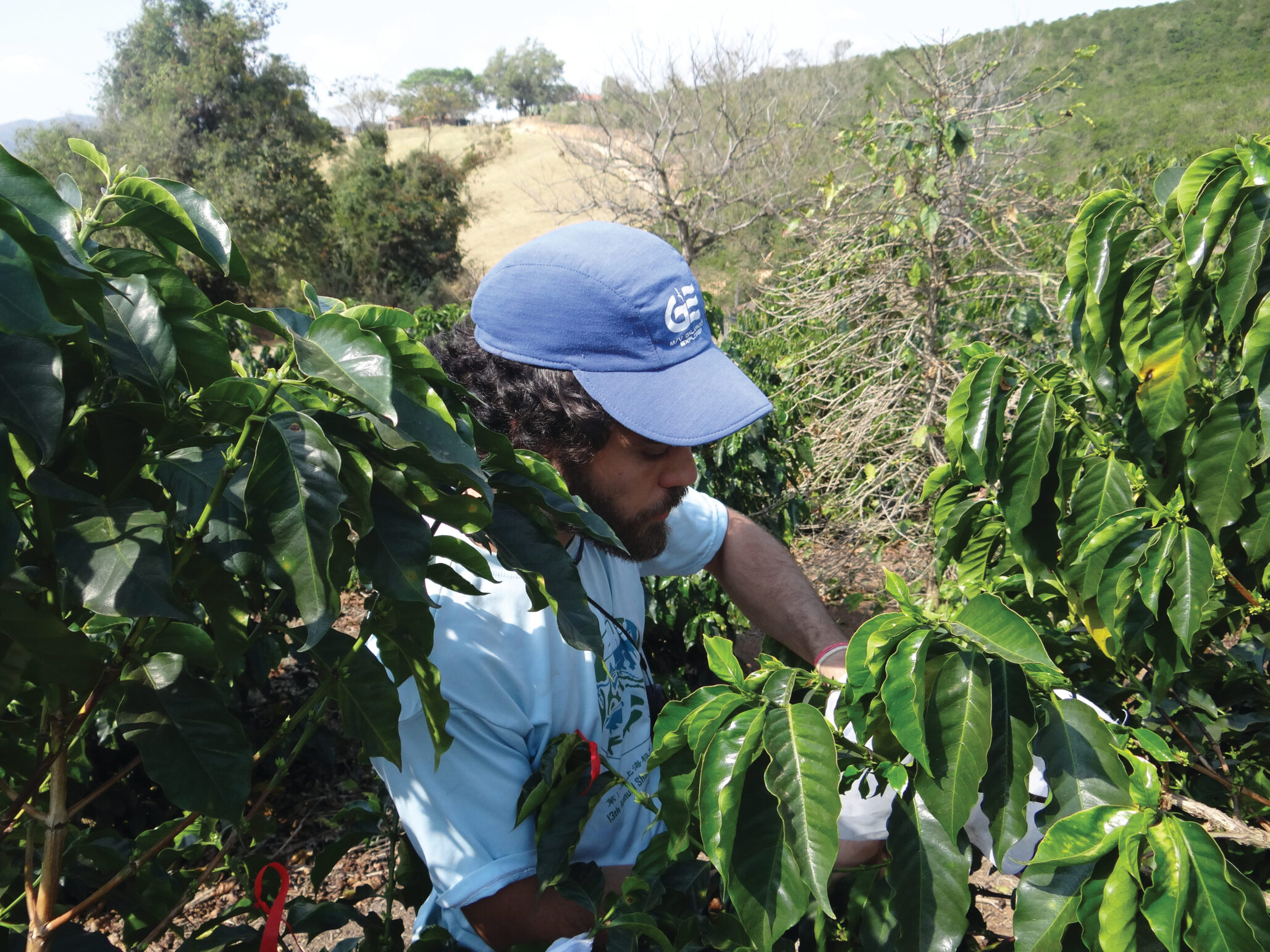
But challenges remain, particularly in ensuring fair compensation for farmers. By giving them a voice during price negotiations, understanding production costs, and valuing their work, the industry can foster a more equitable and sustainable future, he notes.
“The exceptional quality of coffee produced by small-scale farmers, often categorized as specialty coffee, has drawn global interest. As consumer demand for ethically sourced and high-quality coffee grows, initiatives like De La Gente’s become vital in preserving Latin America’s position as the world’s top coffee producer.”
To secure a sustainable future, De La Gente actively addresses the impact of climate change on coffee production, working with farmers to implement resilient practices. By valuing the work of coffee farmers and supporting sustainable initiatives, consumers play a pivotal role in shaping a prosperous future for Latin America’s coffee industry, safeguarding its natural riches for generations to come.
Latin America’s Top 5 Arabica Producers Ranked
Brazil: 50%
Colombia: 14%
Honduras 6%
Peru: 3%
Guatemala: 3%
Source: Statista


